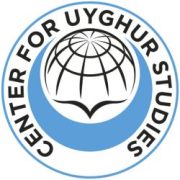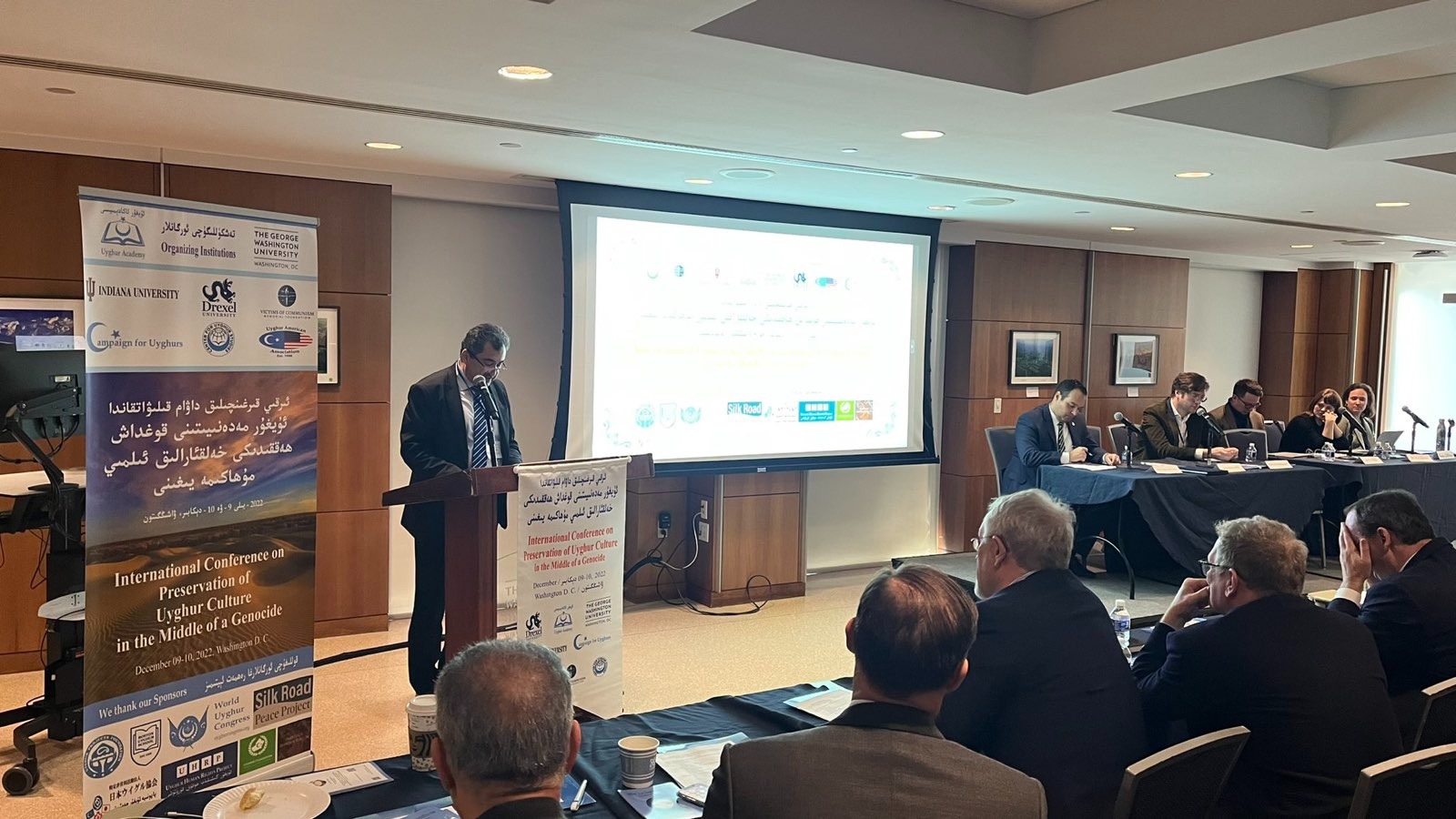The Uyghurs who are struggling for their existence under the Chinese Communist Party’s genocide policies, also strive for preserving their religious values and cultural identity as Islam is an indispensable part of the Uyghur culture, just as the Uyghurs are an integral part of Muslim Ummah. With their thousand-year old Islamic identity, the Uyghurs are the natives of the East Turkistan geography. There is no power that can alter this fact.
Since China’s occupation, Islam has served as a shield to protect the Uyghurs from assimilation. Islam has played a key role in preserving the Uyghur culture and fostering the Uyghurs’ national unity under Chinese communist dictatorship as it provides the Uyghurs with spiritual guidance and reinforces their resistance to Chinese aggression. It is for this reason that the Chinese Communist regime is exerting immense efforts to break the Uyghurs’ ties with Islam and to root out the religion from the public sphere in East Turkistan. The Chinese regime has no hesitation for destroying mosque minarets, burning the Quran, desecrating graves, or labeling a handful of people gathering for religious discussions as “criminals”.
China’s war on Islam has become more vicious after the 1949 Communist invasion, especially with the so-called “Cultural Revolution”, when religious freedom in East Turkistan was completely suppressed. The communist regime felt trapped after the Soviet invasion of Afghanistan in 1979 and the subsequent war between Vietnam and China in the same year. Hence, it adopted a token “Reform and Open Door” policy to avoid problems at home. Religious repression against the Uyghurs was partially eased during this period. Many mosques were rebuilt and religious books published. However, this period of relative “freedom” was short-lived. With Russia’s withdrawal from Afghanistan, China resumed its repression and assimilation policies in East Turkistan. Moreover, the Tiananmen Square massacre in 1989 signaled that China would never allow for democracy, human rights, religious freedom, or freedom of speech. The ban on Uyghurs practicing Islam was reinstated in East Turkistan after 1990. Xi Jinping’s rise to power in China in 2012 marked a period of escalation of the repressive and genocidal policies and an outright declaration of war on Islam. SINCE 2016, East Turkistan witnessed a widespread destruction of mosques and burning of the QuraN. Religious books were banned as well as anything that resembled Islam was equated with terrorism.
Since 2017, hundreds of thousands of Uyghurs have been persecuted, imprisoned, and sent to concentration camps for no reason other than practicing their religion. Praying, wearing a headscarf, growing a beard, or even visiting Muslim-majority countries were all grounds for arrest and detention in the eyes of the Chinese authorities. The communist regime’s war on Islam continues in full swing as we approach 2023.
In the 1980s, some Uyghur youths traveled to Muslim-majority countries such as Egypt, Saudi Arabia and Turkiye to pursue higher education in Islamic studies. While some of them returned to East Turkistan and engaged in religious activities despite the regime’s censorship and persecution, others found refuge in other countries.
Uyghur religious scholars in East Turkistan have made every effort to protect the Islamic culture and identity of the Uyghurs, despite the repression and censorship of the Chinese authorities. Although few of those scholars have been appointed as imams at various mosques by the Chinese authorities, most of the religious education and preaching activities were conducted in secretive underground settings to escape from the authorities’ censorship.
As we mentioned earlier, many religious books were published in spite of severe restrictions. Nearly 200 religious books were published in East Turkistan between 1980 and 2015, according to some data.
Many of these books are now available in digital formats. The printed works were compiled and published with significant contributions from Abdulcelil Turan (Turkiye), founder of the Taklimakan Uyghur Publishing House and Rahmatullah Inayatullah (Saudi Arabia), founder of the Turkistan Library Network.
As Muslims living in the diaspora, especially in the West, it is critical to integrate into local society while not being assimilated. Therefore, it should be every Uyghur’s primary duty to instill religious values and the Uyghur language in their children. If this can be accomplished, future generations will more likely remain attached to their heritage and committed to carry on their people’s struggle for freedom.
Copyright Center for Uyghur Studies - All Rights Reserved

